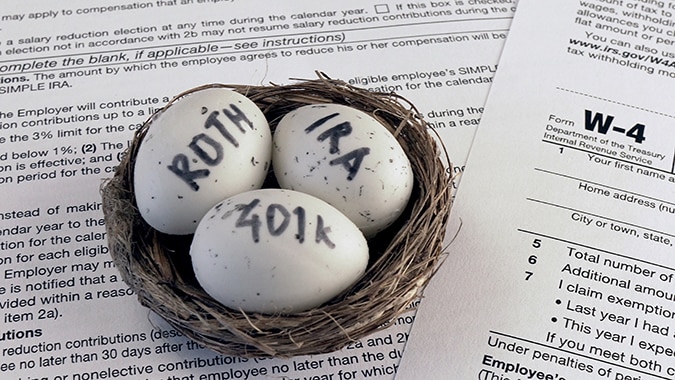Not-for-profit organizations depend on an infrastructure of volunteers, who need to be recruited, trained, supported and celebrated for the work they do. But what happens to that infrastructure when its work is upended by a global pandemic?
At NJBIA’s recent “Bridging the Gap” summit connecting nonprofits and the businesses that support their work, Mercer Street Friends CEO Bernie Flynn led a discussion with nonprofit business leaders on how they addressed COVID-19‘s impact on their organizations and maintained their volunteer infrastructure.
The panelists included Saadia Malik, manager of Global Community Impact at Johnson & Johnson; Catherine Milone, president of Junior Achievement of New Jersey; and Mark Valli, CEO of Norwescap, a nonprofit that operates food banks, Head Start programs for children, job training and other social service programs in five northwestern New Jersey counties.
Valli said all aspects of what he called the “volunteer cycle” are important to support, especially during difficult times like a pandemic that forces nonprofits to change the way they operate in order to accomplish their mission.
“You have to recruit the volunteers, you have to train the volunteers and you have to support the volunteers (to) make sure they have a great experience,” Valli said.
“Then you want to have them reflect, and you want to celebrate their service so the cycle can repeat over and over again, and it doesn’t happen without some infrastructure in place,” Valli said. “The last thing on Earth you want is for someone to volunteer and feel like either they didn’t do much, or that their work wasn’t put into context, so they didn’t understand how important it was.”
To hear the entire panel discussion, go here.
